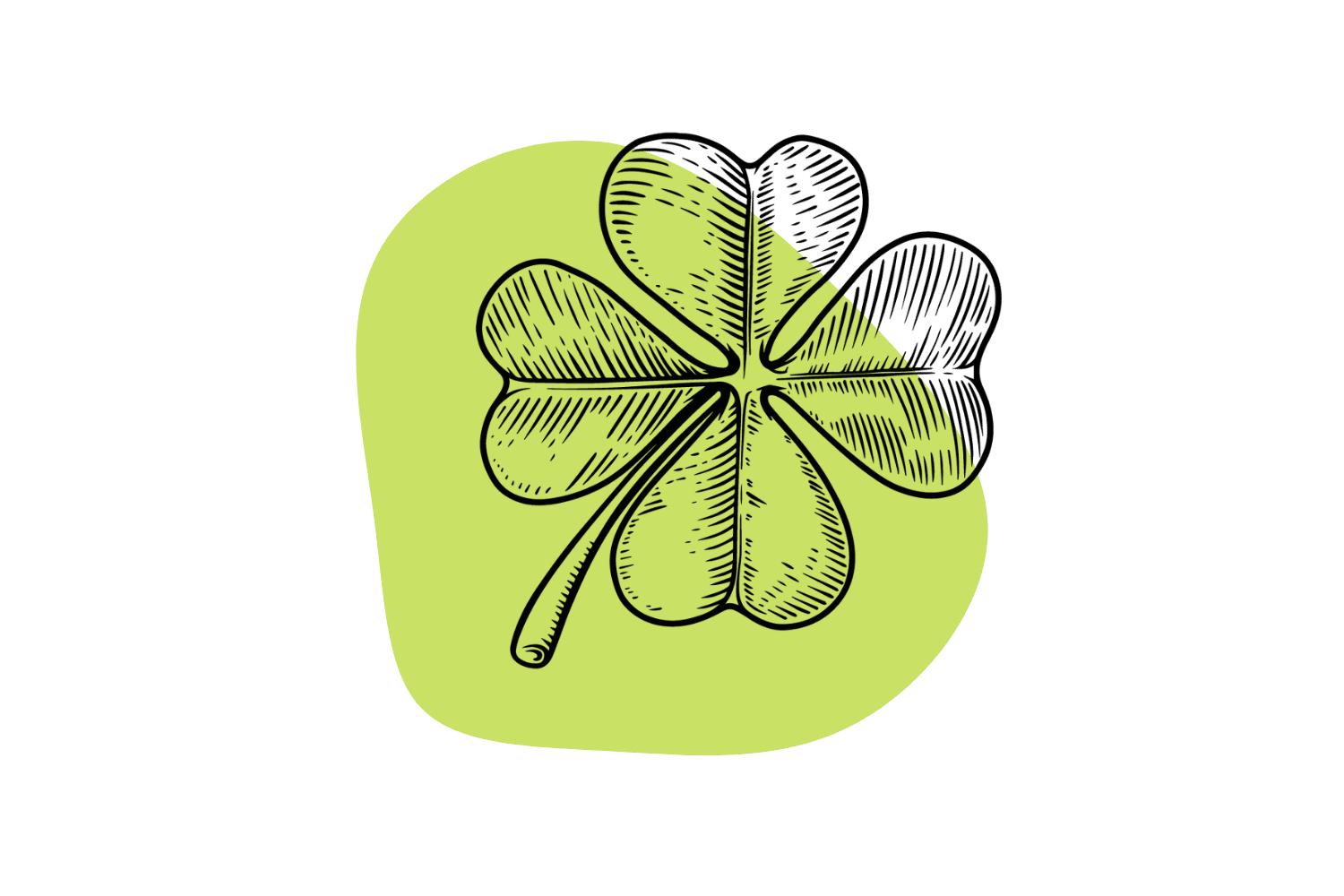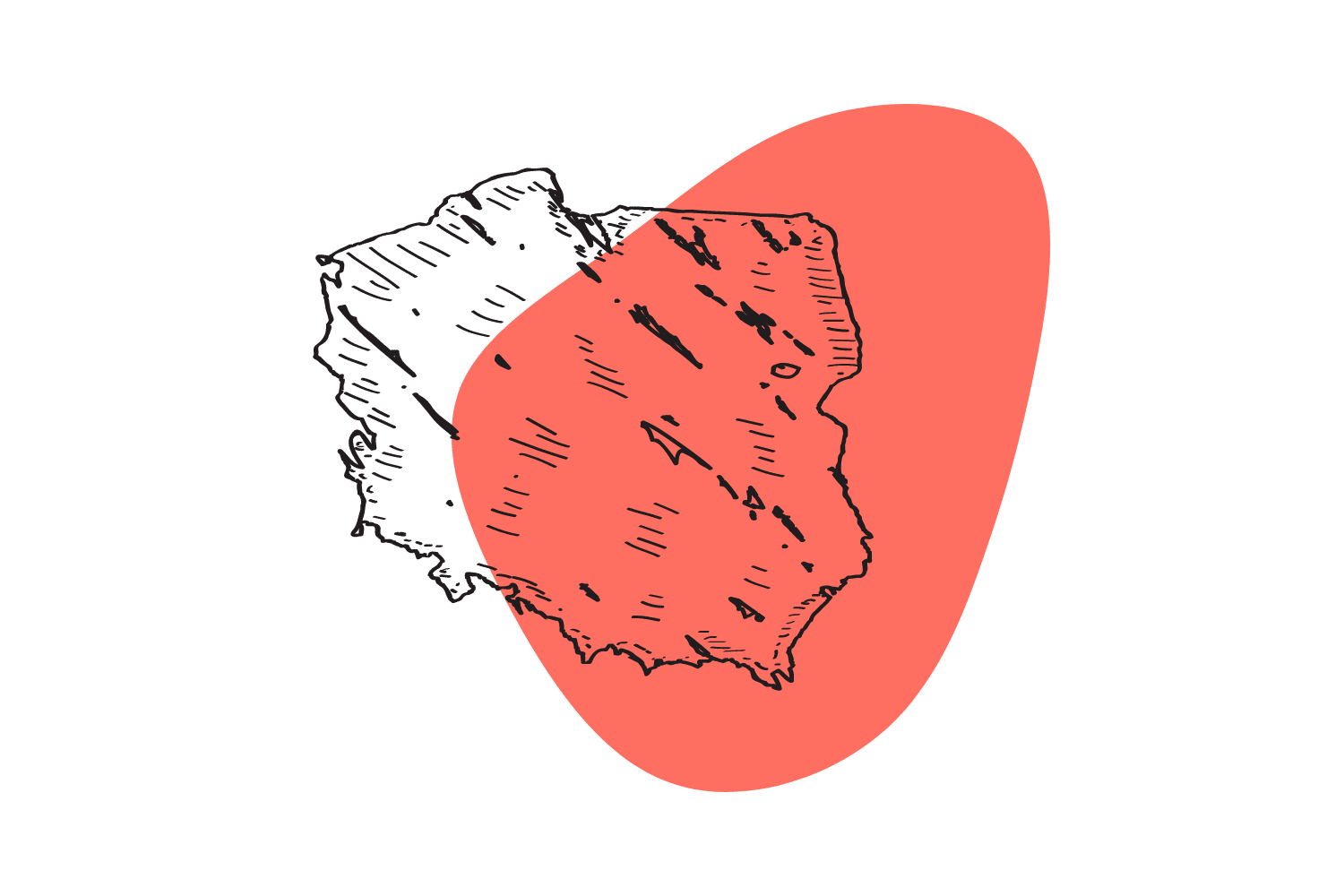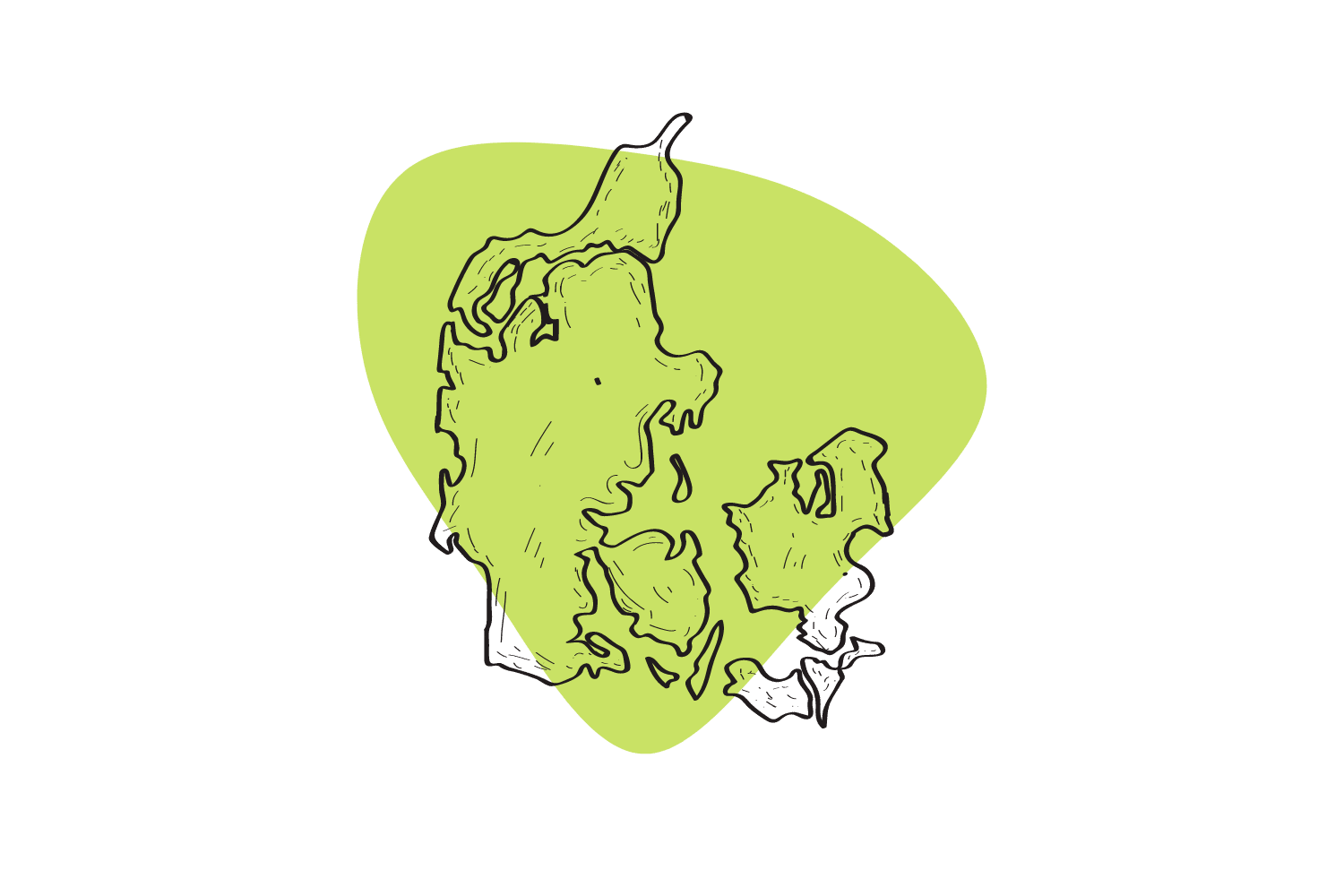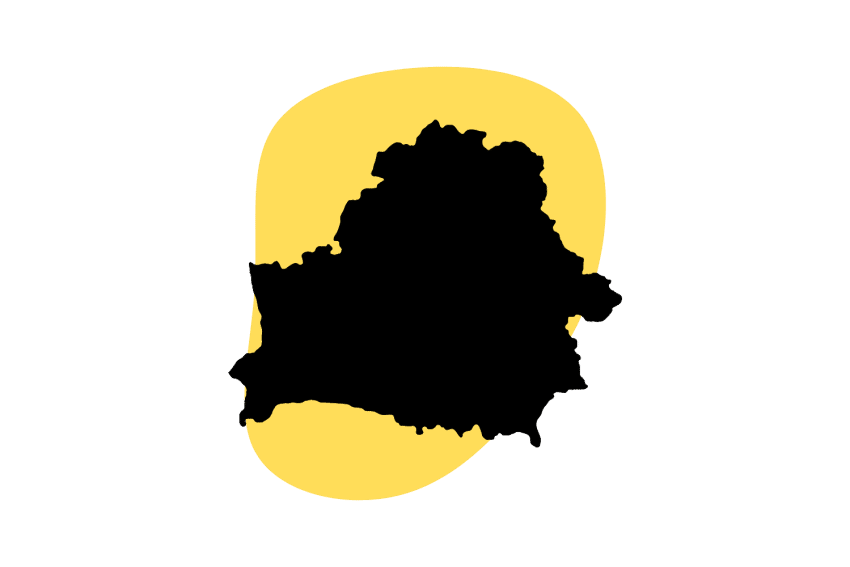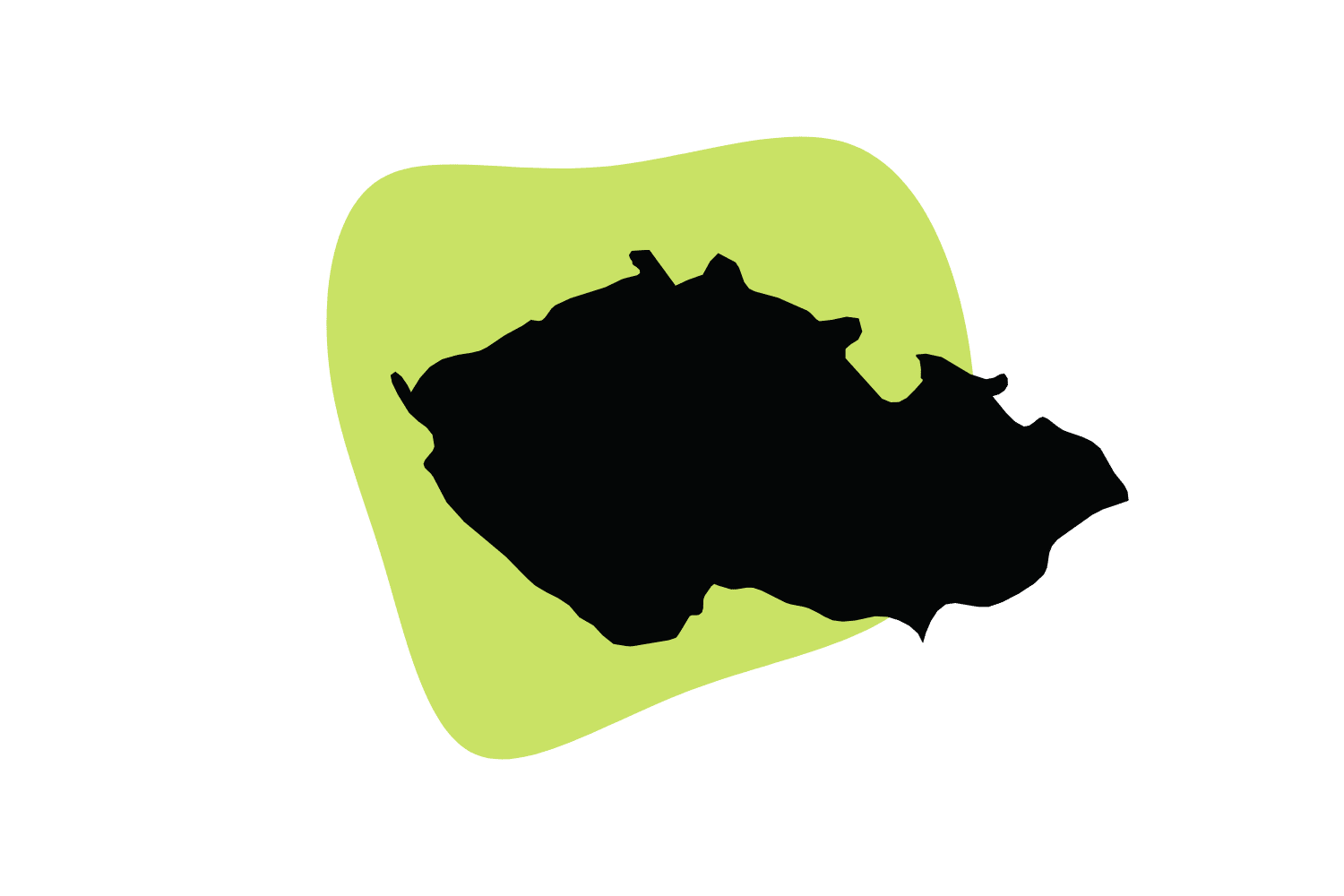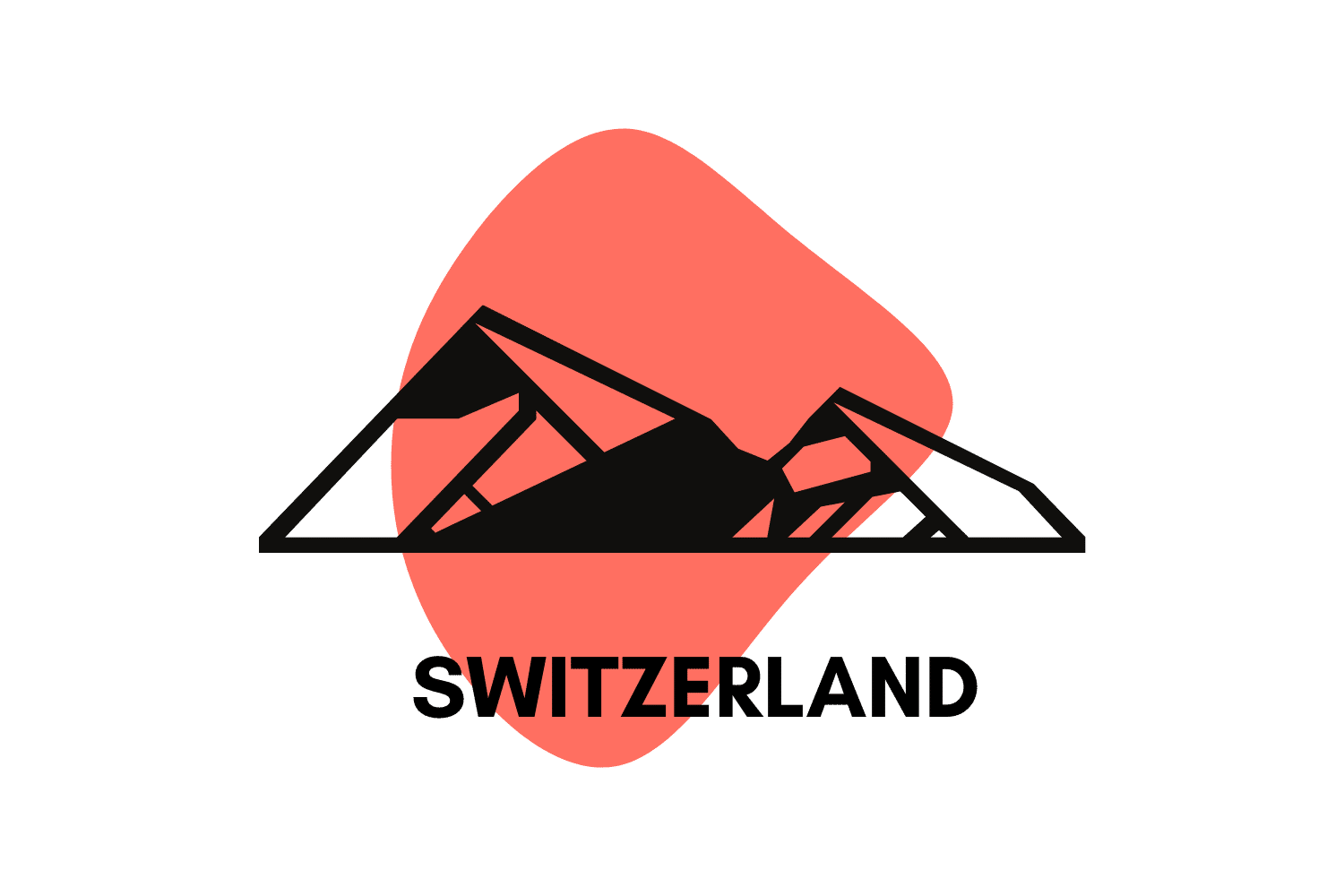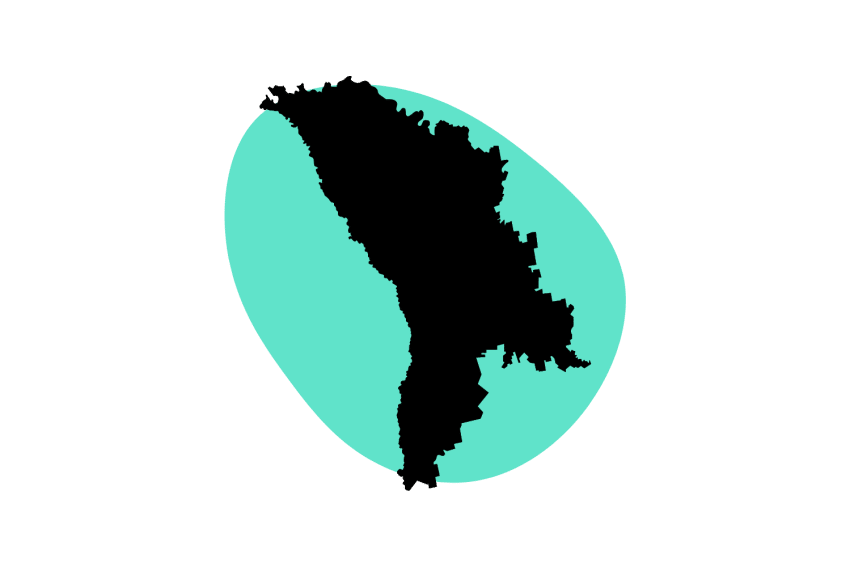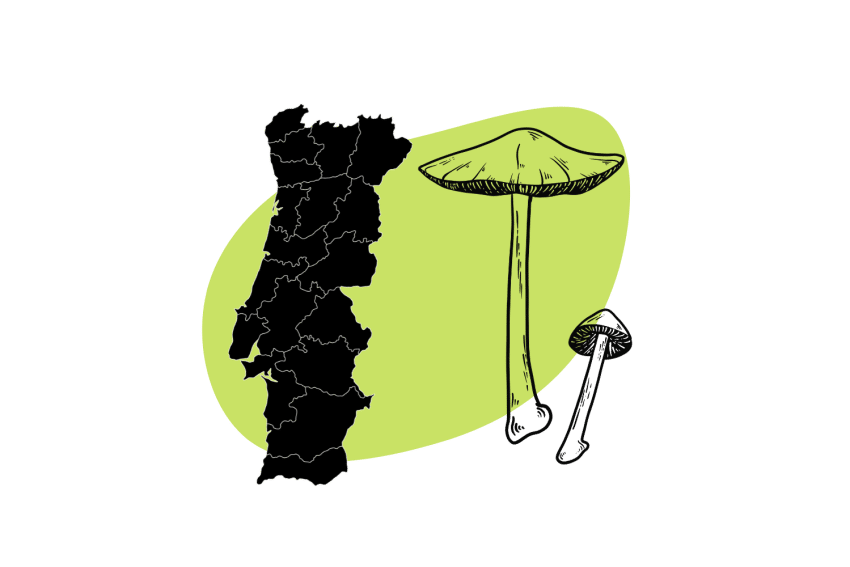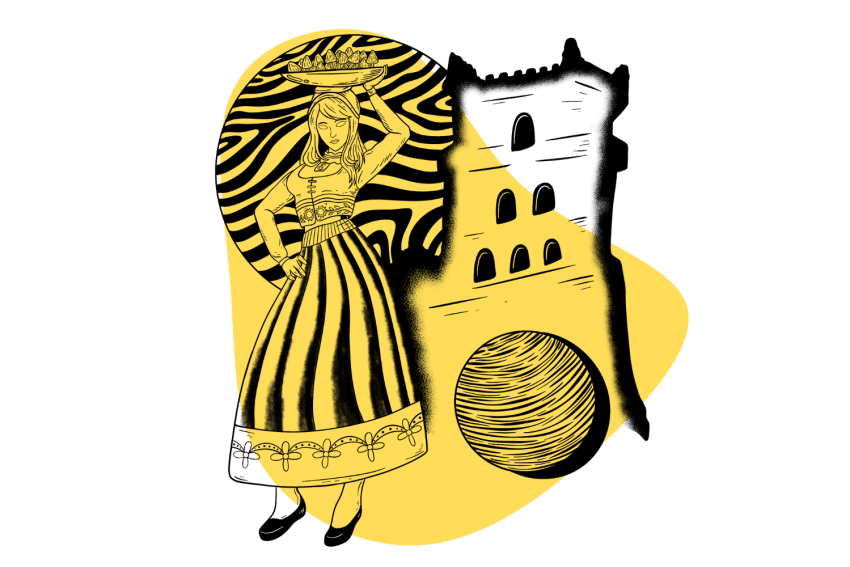A Guide to Montenegro’s Current Psychedelic Drug Laws
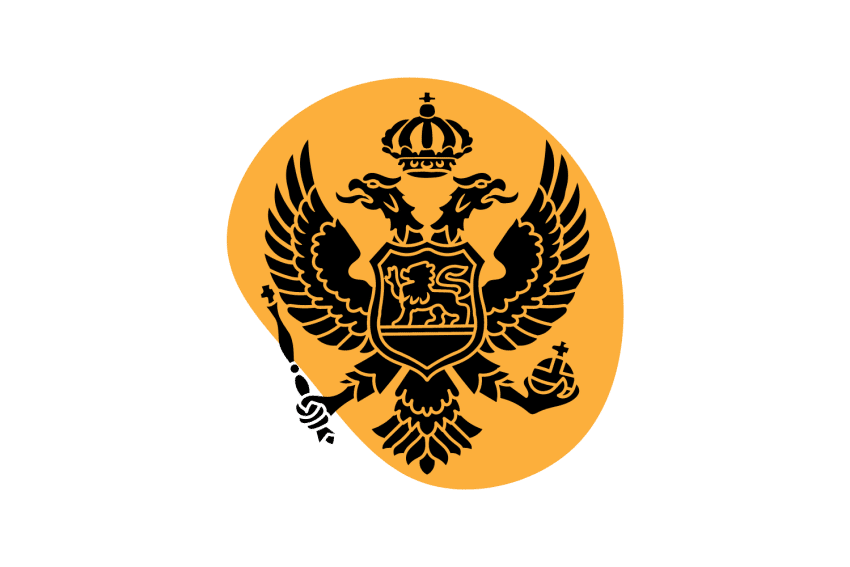
Montenegro is taking initiatives to legalize medical and recreational marijuana, but public opinion is split. The country’s current drug legislation prohibits psychedelics and the plants used to make narcotics.
How long will it be before Montenegro legalizes — or at least decriminalizes — natural psychedelics? The answer is unclear, but don’t expect any major changes for the rest of 2023.
Summary:
- Possessing psilocybin, LSD, DMT, MDMA, and ketamine are all illegal in Montenegro
- Breaking these laws carries a punishment of €100-1000 or 30 days in prison
- The charge for distributing these compounds ranges from 2–12 years in prison
- Charges are more severe when minors or special needs people are involved
- Marijuana is illegal for both medical and recreational use, but medical marijuana is likely coming soon
Are Magic Mushrooms Legal In Montenegro?
No, magic mushrooms are illegal in Montenegro.
Psilocybin, the main psychedelic compound in magic mushrooms, is listed as a Schedule I Substance under the Montenegrin List of Drugs, Psychotropic Substances, and Plants Used for the Production of Narcotic Drugs. This list is in accordance with the International Convention on Psychotropic Substances, 1971, and the Single Convention on Narcotic Drugs, 1961.
Publicly using small amounts of psilocybin is punishable by a fine of €100-1000 or 30 days in prison.
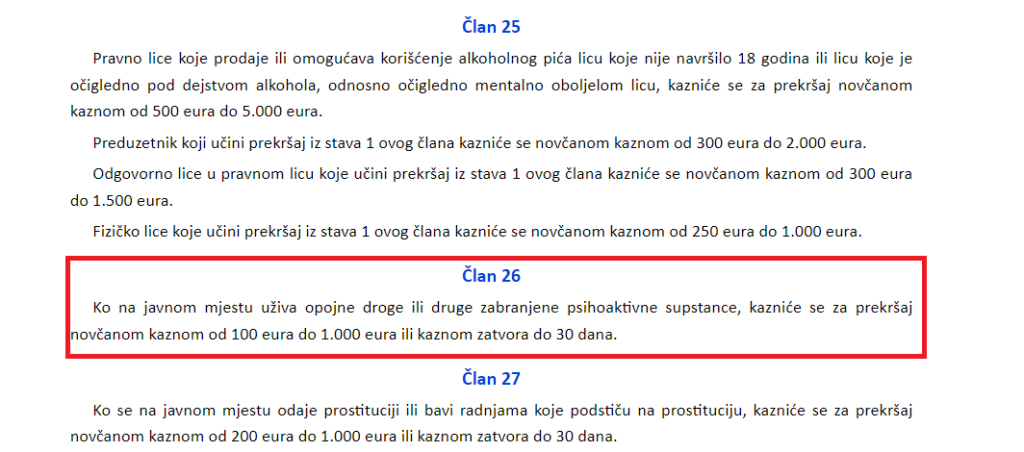
Pic. 1: Article 26 of the Montenegrin Public Order and Peace Law punishes the use of drugs in a public space with up to €1000 or 30 days in prison.
The Montenegrin Criminal Code punishes the unauthorized production, possession, processing, sale, and distribution of psychotropic substances with two to ten years in prison.
Psilocybin is still illegal in most countries, but recent studies suggest psychedelics have great therapeutic potential for mental health disorders with a very low risk of abuse and harm.
Where to Buy Magic Mushroom Spores In Montenegro
It’s better not to buy magic mushroom spores in Montenegro.
According to Article 17 of the Montenegrin Law on Prevention of Drug Abuse, growing and cultivating herbs and plants to make drugs is prohibited, except for hemp and opium poppy — under lawful circumstances.
Doing so can get you two to ten years in prison, according to Article 300 (Section 1) of the Montenegrin Criminal Code.
In addition, the unauthorized purchase, possession, and transportation of equipment, material, or substance known to be used for making narcotic drugs are punishable by six months to five years of prison (Article 300, Section 6).
You can find a few online shops that sell magic mushroom spores to this country because they are free from psilocybin, but we highly recommend you refrain from buying them. Several laws prohibit purchasing the spores with the intent of cultivating them into mushrooms when you know they produce psilocybin.
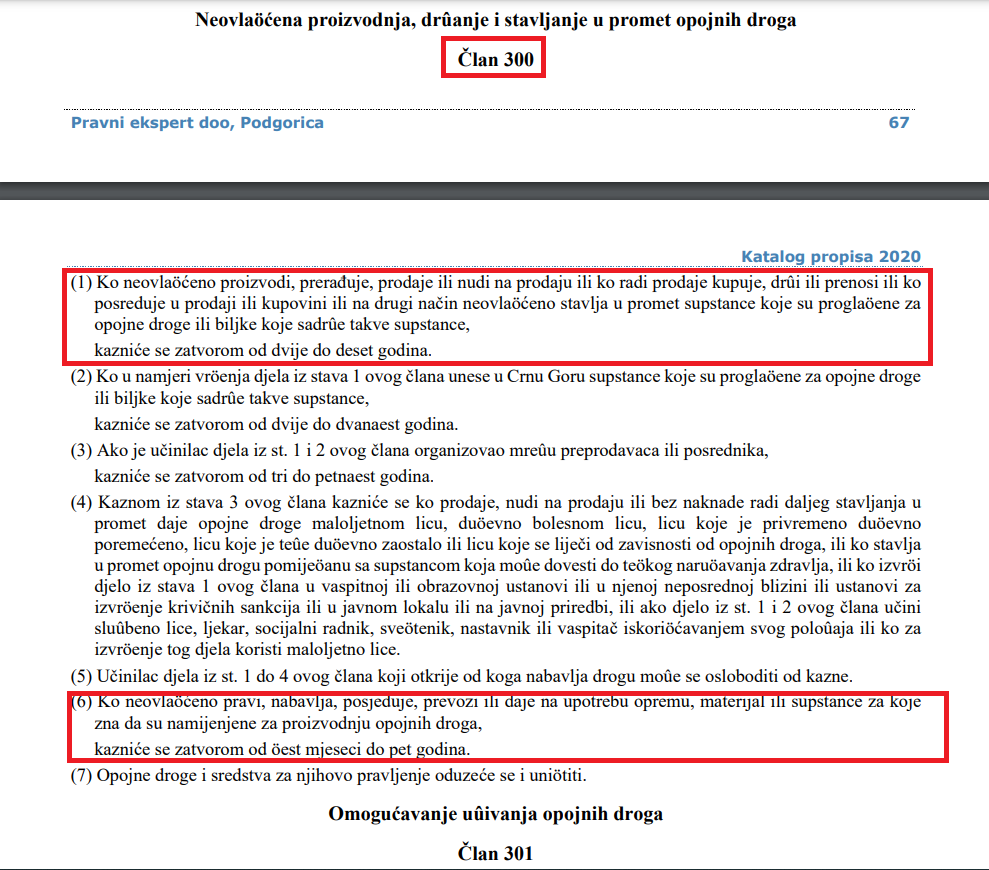
Pic. 2: Article 300 of the Montenegrin Criminal Code
Do Magic Mushrooms Grow Wild In Montenegro?
Yes, magic mushrooms grow wild in Montenegro — like almost every country in the world. A few shroom species typical for this country include:
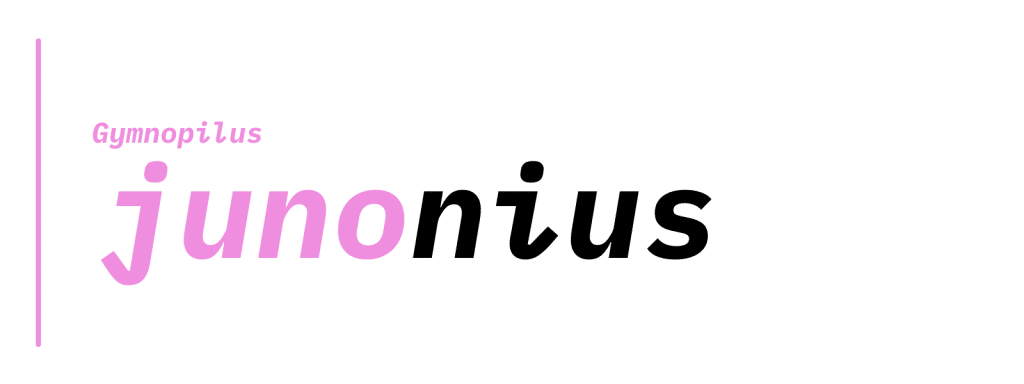
Gymnopilus junonius
Gymnopilus spectabilis grows on both Serbian and Montenegrin soil andis a quiet decoration of the forest. This thick mushroom comes in bright pumpkin-like colors and grows in clusters on different types of wood, including coniferous, hardwood, and living or dead wood.
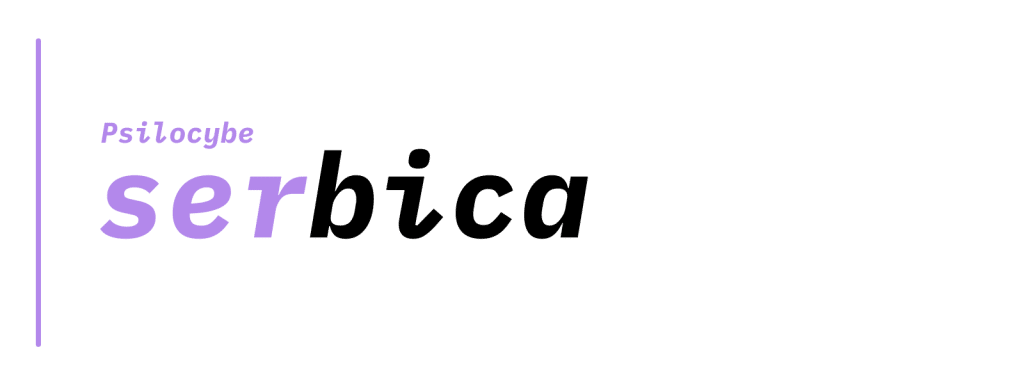
Psilocybe serbica (bohemica)
This magic mushroom species is the same as Psilocybe bohemica, which is mostly spread throughout Central Europe. It grows in groups on rotten deciduous and coniferous wood, compose, and plant residue in forests.
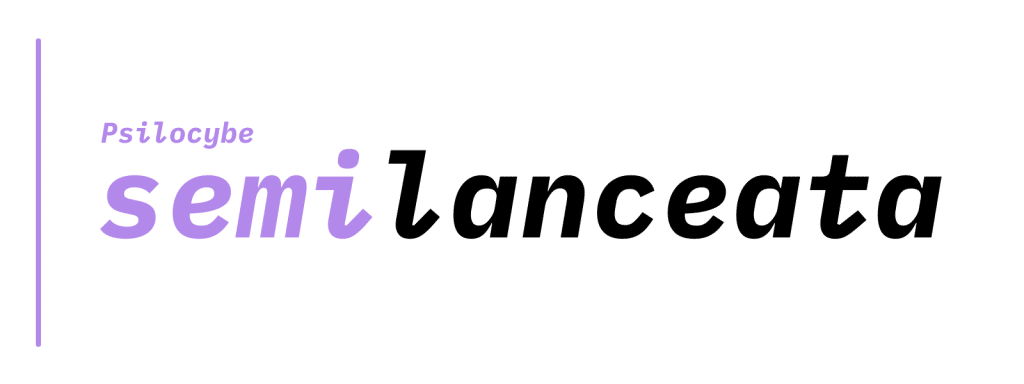
Psilocybe semilanceata
Psilocybe semilanceata is known as “liberty caps,” and is potentially one of the most common and strongest mushrooms worldwide. They’re difficult to grow both indoors and outdoors, but you can find semilanceata fruiting alone or in groups on grasslands or wooded areas.
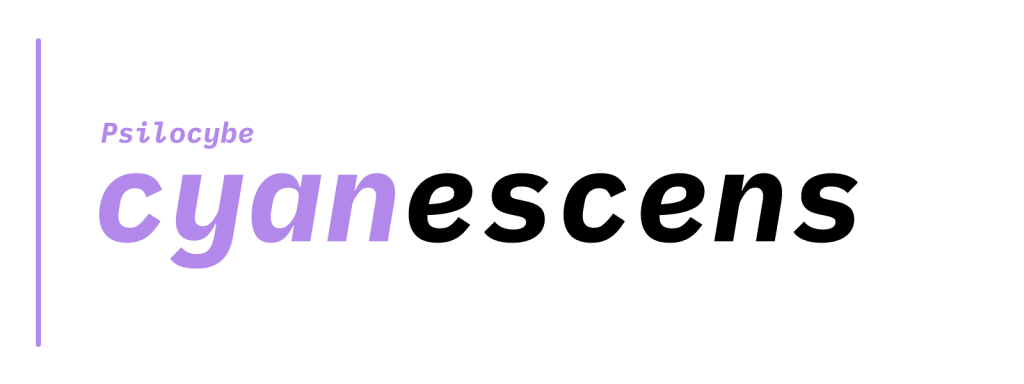
Psilocybe cyanescens
Psilocybe cyanescens is known as “wavy caps” and is one of the most widespread members of the psilocybe genus. They grow on wood chips in gardens, decaying wood on the sides of trails, and around mulched plant beds in urban areas.
Is LSD Legal In Montenegro?
No, LSD is illegal in Montenegro.
LSD is listed as a Schedule I Controlled Substance under the Montenegrin List of Drugs, Psychotropic Substances, and Plants Used for the Production of Narcotic Drugs.
According to the Montenegrin Criminal Code (Article 300), the production, processing, sale, distribution, and possession of LSD and herbs or substances used to make LSD is punishable by two to ten years in prison.
Is DMT Legal In Montenegro?
No, DMT (dimethyltryptamine) is illegal in Montenegro, as it is in most countries.
DMT is listed as a Schedule I Controlled Substance under the Montenegrin List of Drugs, Psychotropic Substances, and Plants Used for the Production of Narcotic Drugs.
Under Article 300 (Section 1) of the Montenegrin Criminal Code, the production, processing, sale, distribution, and possession of DMT and herbs used to create DMT will get you two to ten years in prison.
DMT is present in trace amounts in many herbs, but the most well-known source is ayahuasca. This dark brown brew has a bitter taste but also comes as a smokeable brownish herb mixture called changa.
Is MDMA Legal In Montenegro?
No, MDMA is illegal in Montenegro.
MDMA is also a Schedule I Controlled Substance under the Montenegrin List of Drugs, Psychotropic Substances, and Plants Used for the Production of Narcotic Drugs.
According to Article 300 of the Montenegrin Criminal Code, the production, processing, sale, distribution, and possession of MDMA and substances used to create it are punishable by two to ten years in prison.
Some countries are moving towards legalizing this drug for psychedelic-assisted psychotherapy but is nowhere near even being discussed in Monetenegro.
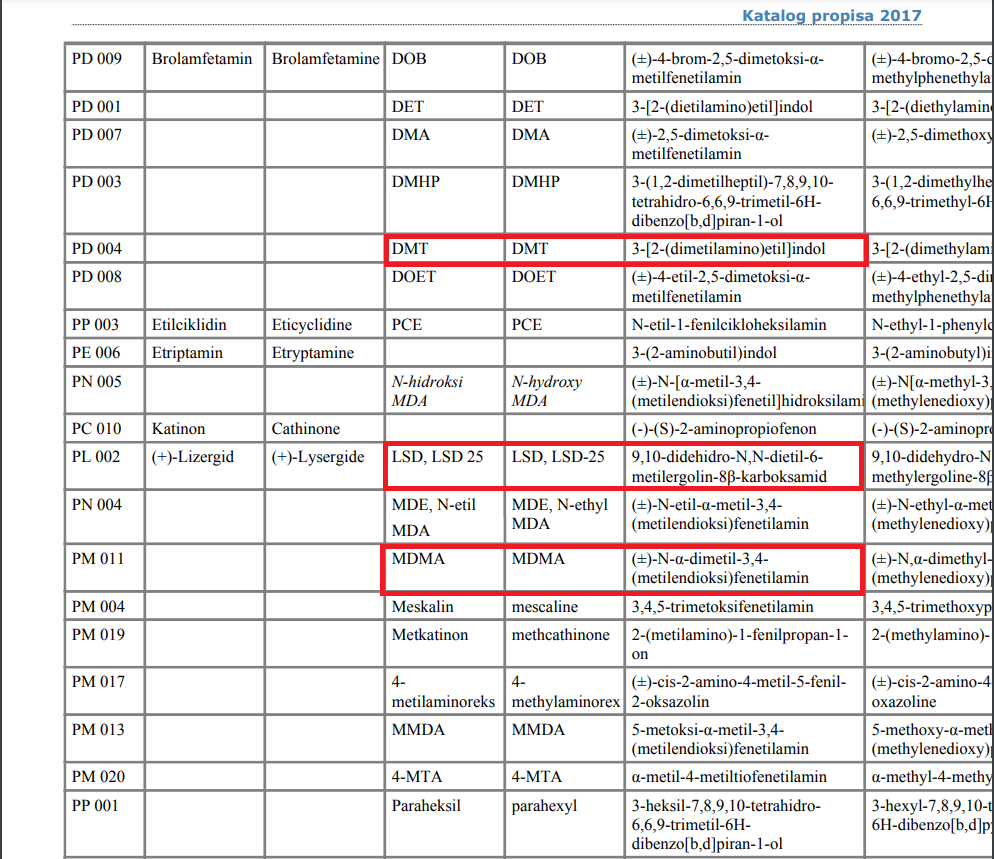
Pic. 3: The List of Scheduled Substances in Montenegro includes DMT, LSD, and MDMA
Is Ketamine Legal In Montenegro?
No, ketamine is illegal in Montenegro for recreational use.
Vets use this drug as an anesthetic, but the country’s list of controlled substances doesn’t mention it.
Ketamine is a promising therapy for treatment-resistant depression and PTSD, but for now, it’s not allowed for mental health in Montenegro and shouldn’t be used except for medically prescribed purposes (animal anesthetic).
Is Marijuana Legal In Montenegro?
No, marijuana is illegal in Montenegro for both medicinal and recreational purposes.
Cannabis, cannabis resin, extracts, and tinctures of cannabis are considered Schedule I controlled substances under the Montenegrin list of psychotropic substances.
Montenegro defines cannabis as “the flowering or fruiting top of the cannabis plant that contains more than 0.2% tetrahydrocannabinol (THC).”
Article 300 of the Montenegrin Criminal Code considers marijuana and its derivatives as narcotic drugs, and their production, possession, and distribution is punishable by two to twelve years in prison. THC isomers like delta 8 THC and delta 10 THC are also Schedule I substances.
Public consumption of marijuana is a non-criminal offense punishable by a fine of up to €1000 or 30 days in prison. Offering and sharing it is punishable by up to 10 years in prison.
Hemp, defined as Cannabis sativa with less than 0.2% tetrahydrocannabinol (THC), is legal in Montenegro. You can find legal CBD products in online stores in the country.
Hemp cultivation is allowed for industrial purposes only but you must be registered (Articles 17, 18, and 19 of the Montenegrin Law on Prevention of Drug Abuse).
Montenegro doesn’t have a medical marijuana program in place, but there is a draft law for legalizing medical cannabis in procedure in the Montenegrin Parliament.
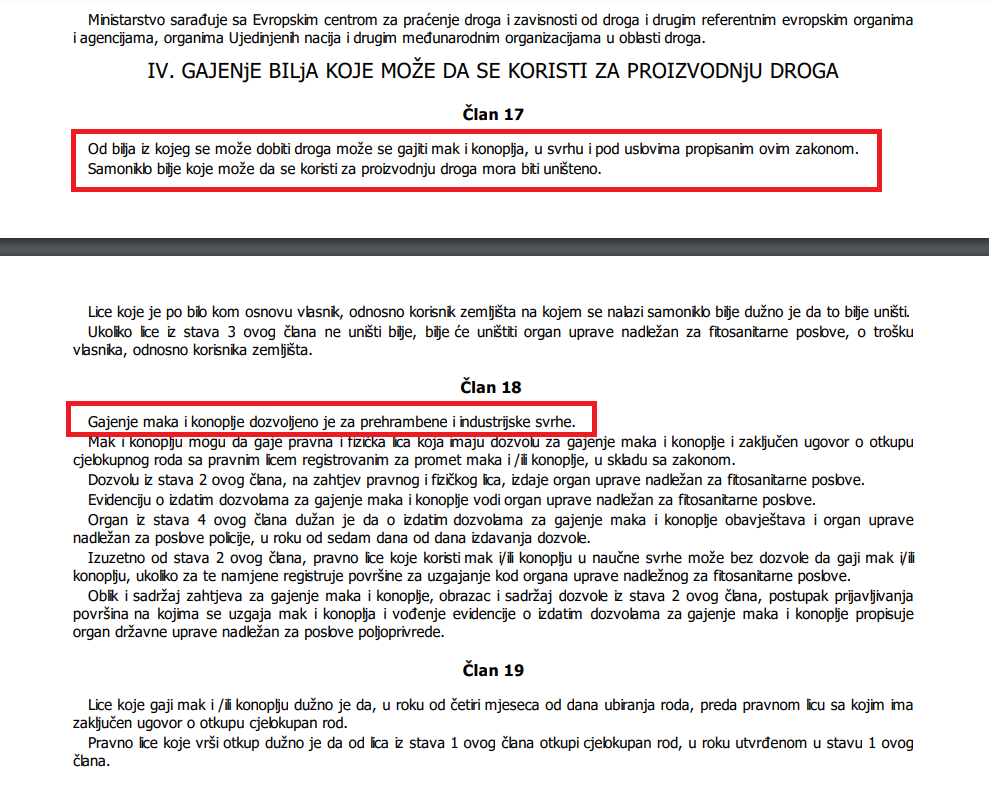
Pic. 4: Articles 17 and 18 of the Montenegrin Law on Prevention of Drug Abuse that allow hemp and opium poppy as the only plants to be cultivated for the production of drugs.
What’s the Difference Between Legalization & Decriminalization?
The main difference between decriminalization and legalization of a substance is the punishment.
Decriminalization means there’s a lower penalty, but the substance remains illegal to buy and is only obtainable through the black market.
Legal substances can be produced, distributed, bought, or sold under certain rules and restrictions. All penalties have been removed.
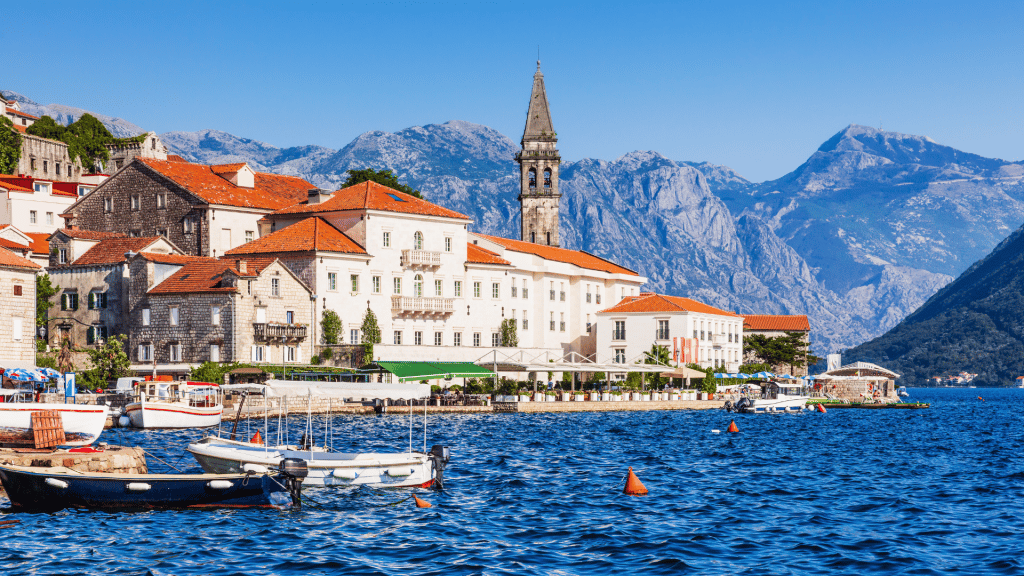
Key Takeaways: What’s the Future of Psychedelics In Montenegro?
Montenegro is unlikely to legalize or decriminalize psychedelics any time soon. The process will probably be slow-paced and starts by legalizing medical marijuana. The country doesn’t have a medical marijuana program but is working on changing the legislation to allow it.
Although hemp is legal in Montenegro, the country has a long way to go in developing the market and reducing the stigma around cannabis. We can’t talk about legalizing psychedelics until this is in place.

